
To the Christian Nobility of the German Nation
'To the Christian Nobility of the German Nation' Summary
The Disputation of Leipzig brought Luther into contact with the humanists, particularly Melanchthon, Reuchlin, Erasmus, and associates of the knight Ulrich von Hutten, who, in turn, influenced the knight Franz von Sickingen. Von Sickingen and Silvester of Schauenburg wanted to place Luther under their protection by inviting him to their fortresses in the event that it would not be safe for him to remain in Saxony because of the threatened papal ban. Between the Edict of Worms in April 1521 and Luther's return from the Wartburg in March 1522 a power struggle developed of who was to lead the Reformation through its competing possibilities and how the Reformers should follow their teachings. In Wittenberg each interested party – prince, town council and commune – wished to expand its influence on the governance of the church in accord with its own values and needs. Through this the question of authority appeared. The church made a strong attempt at drawing distinct lines on saying who had authority in the spiritual sphere and its matters. This division of Christians into spheres motivated Luther to write on the "three walls" the "Romanists" created to protect themselves from reform, this was the letter "to the Christian Nobility of the German Nation"
Under these circumstances, complicated by the crisis then confronting the German nobles, Luther issued his To the Christian Nobility of the German Nation (Aug. 1520), committing to the laity, as spiritual priests, the reformation required by God but neglected by the pope and the clergy. This treatise, which has been called a "cry from the heart of the people" and a "blast on the war trumpet," was the first publication Luther produced after he was convinced that a break with Rome was both inevitable and unavoidable. In it he attacked what he regarded as the "three walls of the Romanists": (1) that secular authority has no jurisdiction over them; (2) that only the pope is able to explain Scripture; (3) that nobody but the Pope himself can call a general church council.
Book Details
Language
EnglishOriginal Language
GermanPublished In
1520Authors
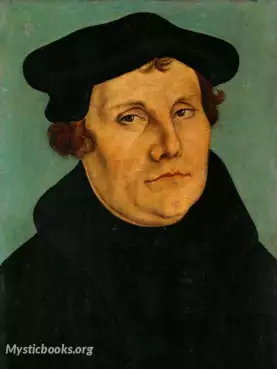
Martin Luther
Holy Roman Empire
Martin Luther was a German professor of theology, priest, author, composer, Augustinian monk, and a seminal figure in the Reformation. Luther was ordained to the priesthood in 1507. He came to reject...
Books by Martin LutherDownload eBooks
Listen/Download Audiobook
- Select Speed
Related books
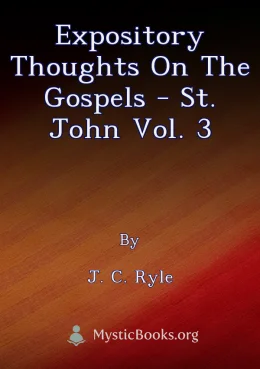
Expository Thoughts on the Gospels - St. John Vol. 3 by J. C. Ryle
This volume, the third in J. C. Ryle's comprehensive series "Expository Thoughts on the Gospels," delves into the Gospel of John, offering detailed ex...
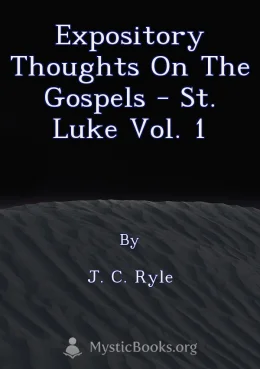
Expository Thoughts on the Gospels - St. Luke Vol. 1 by J. C. Ryle
This volume contains the first half of J.C. Ryle's commentary on the Gospel of Luke. It is divided into sections of about twelve verses each, with two...
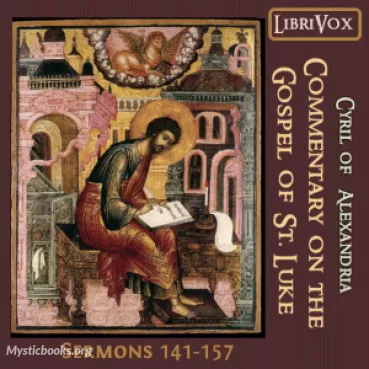
Commentary on the Gospel of Luke, Sermons 141-157 by Cyril of Alexandria
It is a commentary on the Gospel of Luke, one of the four canonical gospels in the New Testament. This book was written in the 5th century and provi...
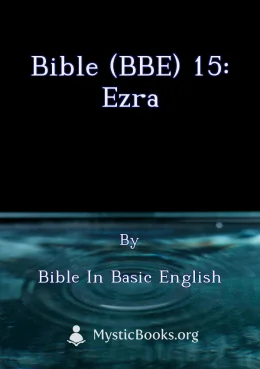
Bible (BBE) 15: Ezra by Bible in Basic English
The Bible in Basic English is a translation of the Bible into a simplified form of English, designed for easy understanding by non-native speakers and...

Life and Glories of St. Joseph by Edward Healy Thompson
This book explores the life and significance of Saint Joseph, highlighting his role as the husband of the Virgin Mary and the foster father of Jesus C...
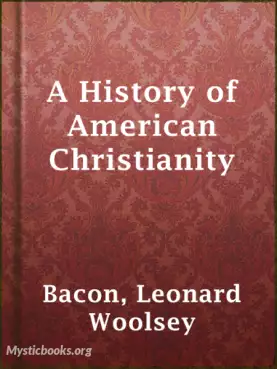
A History of American Christianity by Leonard Woolsey Bacon
Published in 1897, this book describes the advent of Christianity in the United States from the landing of the first explorers with their mission to c...
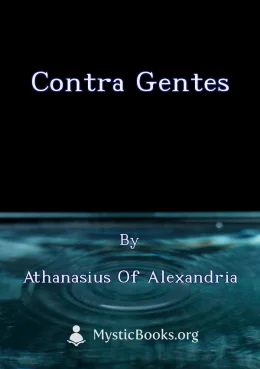
Contra Gentes by Athanasius of Alexandria
Contra Gentes is a theological treatise written by Athanasius of Alexandria in the early 4th century. The work is divided into two parts, the first of...

Bible (Reina Valera) 28-39: Los 12 Profetas Menores by Reina-Valera
El libro de los Doce Profetas Menores, también conocido como Los Profetas Menores, es la última parte de la sección de los profetas (Nevi'im) en la Bi...

Christ and His Friends by Louis Albert Banks
In "Christ and His Friends," renowned Methodist minister Louis Albert Banks presents a compelling series of sermons delivered in 1895. These sermons d...

The Bridge of History Over the Gulf of Time by Thomas Cooper
Written by the former skeptic, poet, and scholar, Thomas Cooper, The Bridge of History Over the Gulf of Time admirably sets forth a winsome defense of...
Reviews for To the Christian Nobility of the German Nation
No reviews posted or approved, yet...